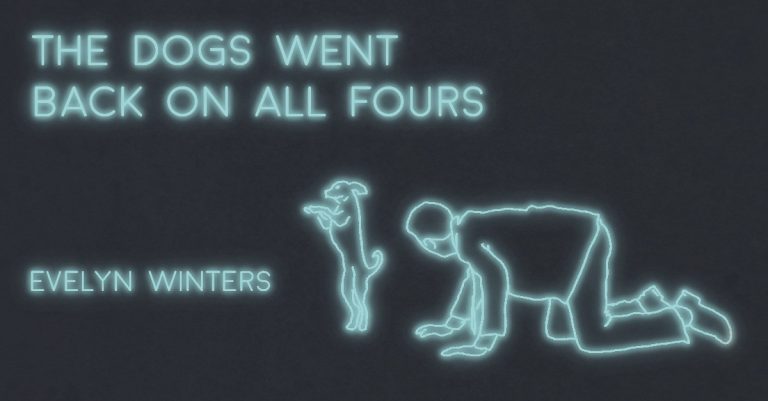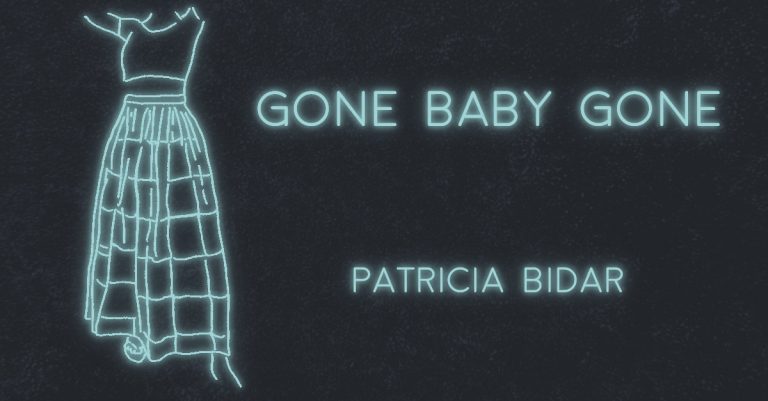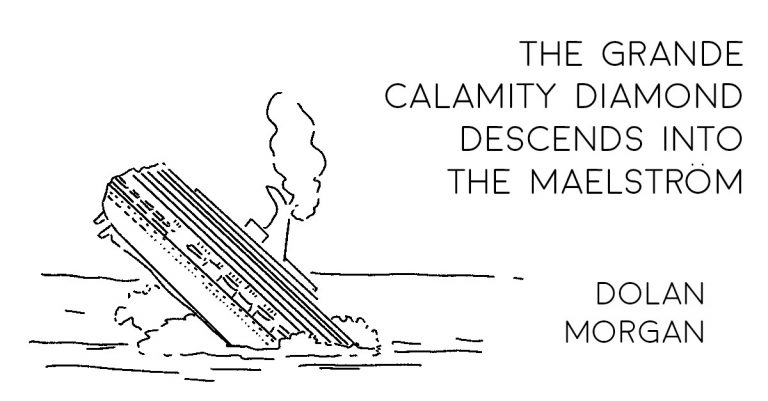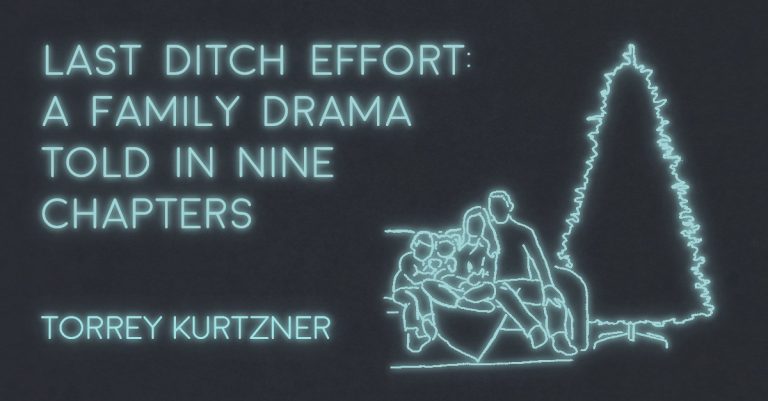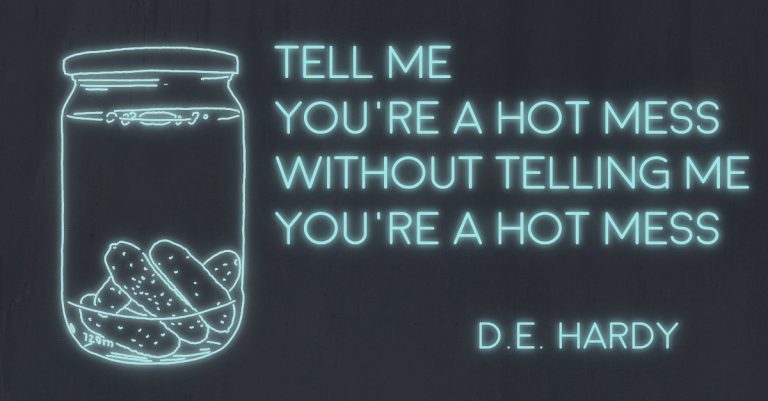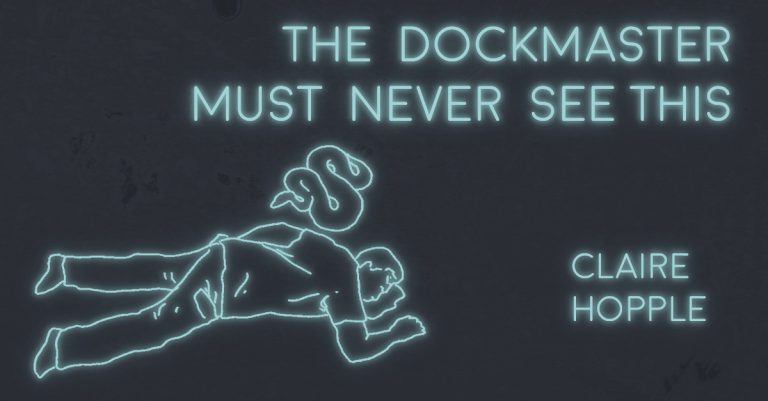
SCHOOL OF HARD KNOX: A Conversation with DuVay Knox by Charlene Elsby
DuVay Knox is the author of Soul Collector (Creative Onion, 2021) and The Pussy Detective (Clash Books, forthcoming 2022). In his author bio, he writes, “I cum outta The South, by way of Louisiana and Tennessee… RUMOR has it I was born from The last Nut in My Daddys Sack. And came into this world when HE came. Needless to say/My Birth was Traumatic. Thus, I arrived here with an Attitude. The Doctor Slapped Me and I slapped Him Back. And So my Journey began. To Find Myself.” I received an advance copy of The Pussy Detective from Clash Books.

